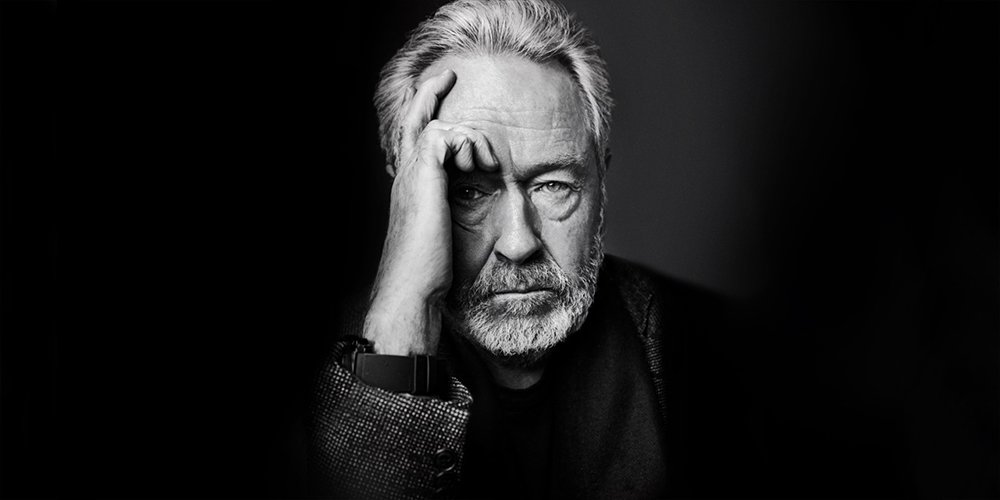Unity through Humanity: Stylistic Comparisons of Ridley Scott’s Science Fiction Films
While Scott’s science-fiction films are vastly different from one another through their subgenres and visual design, their uniting factor—and thus, Scott’s stylistic unifier—is their emphasis on humanity.
Better Days: Coming of Age Amidst the Trauma of Bullying
In Better Days, director Derek Tsang situates [the theme of loss of innocence] within the context of school bullying, at once telling the story of a young girl’s journey to adulthood and critiquing the broader societal factors that make her path particularly painful.
Misguided Monoliths: BoJack Horseman and the Reality of Asexuality
Although asexual representation is sparse in the media as a whole, BoJack Horseman has a number of canon asexual characters, all of which unfortunately misconstrue the average viewer’s understanding of asexuality.
A Piece of Earth That’s Mine: Analyzing Feminism through Marriage Story
Ultimately, the film promotes a feminist story through the eyes of both a male protagonist and a male filmmaker in writer/director Noah Baumbach; rather than using it for its typical voyeuristic form, Marriage Story uses the male gaze in order to attack the world view it represents.
Drive My Car: A Story of Communication, Miscommunication, and Transformation
Drive My Car is certainly an eccentric film especially compared to other star-studded Oscar nominees that offered mind-blowing cinematography or a Beyonce soundtrack. Drive My Car is merely — as a friend of mine put it — people talking with each other in a car for three hours. Yet, the beauty of this piece lies in all these “talks” — after all, film is a form of audio-visual storytelling.





